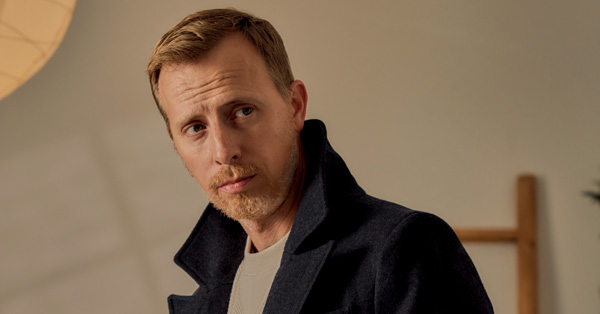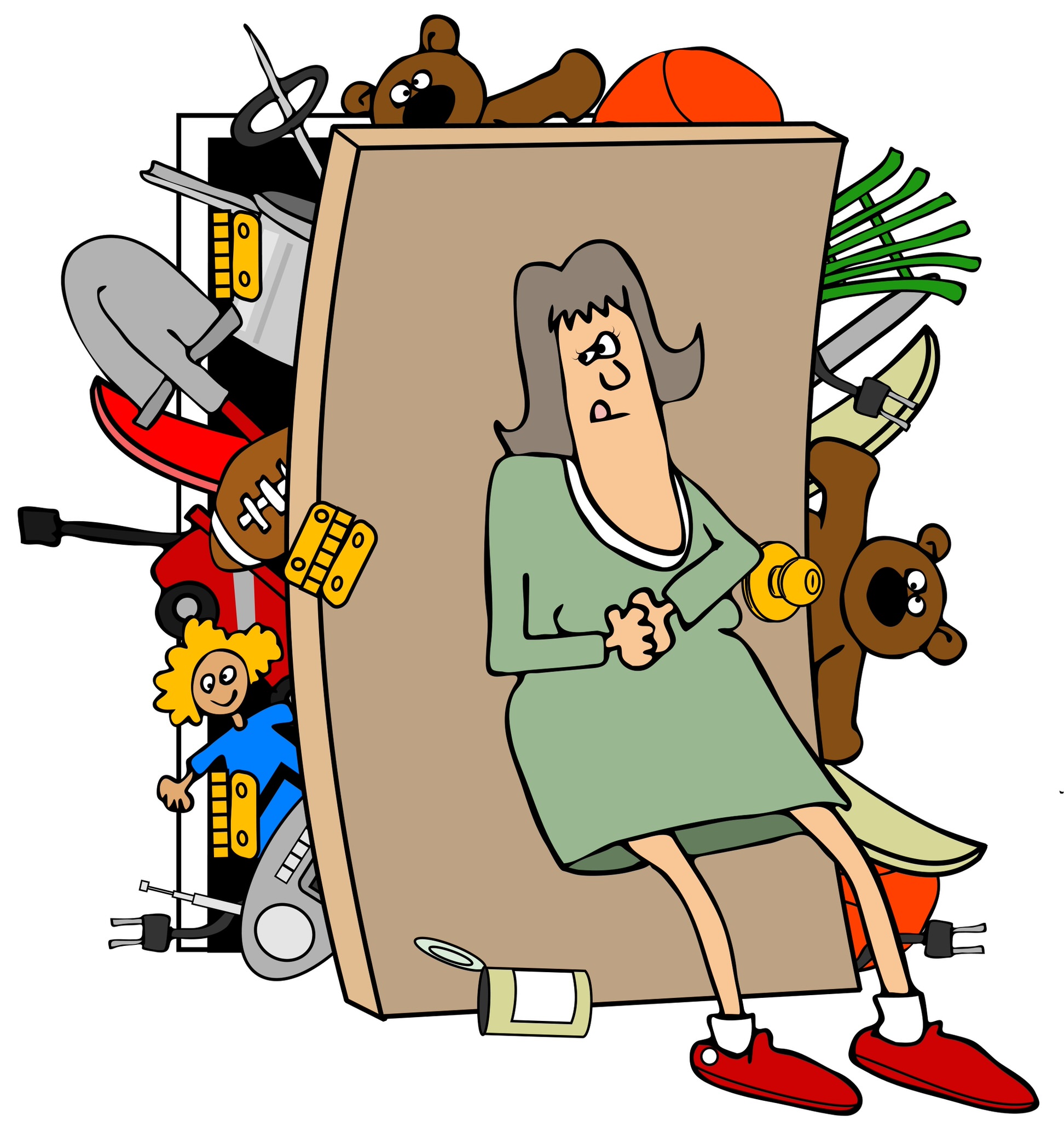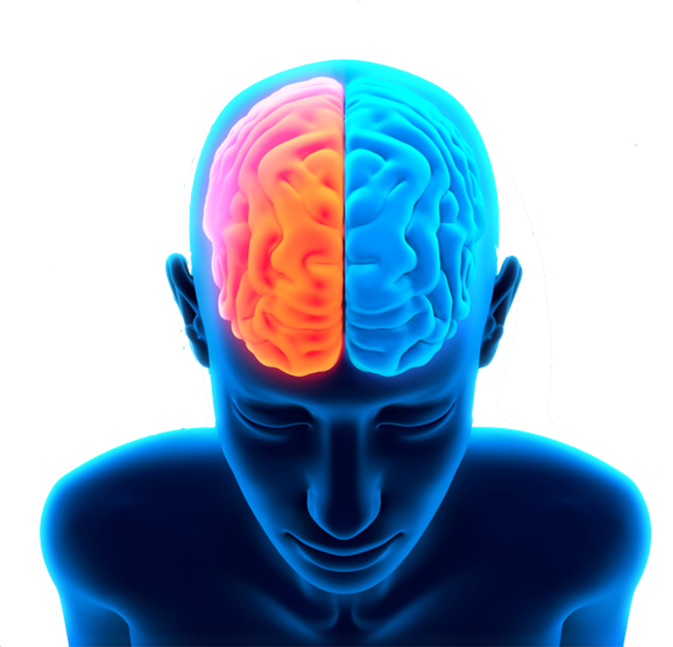Human beings are naturally judgmental and this quality has served us pretty well. Our ancestors had to negotiate their environment, constantly assessing the people they encountered, determining if their intentions were friendly or malicious. They had to learn to...
Human beings are naturally judgmental and this quality has served us pretty well. Our ancestors had to negotiate their environment, constantly assessing the people they encountered, determining if their intentions were friendly or malicious. They had to learn to adapt to harsh conditions to endure and outlast all adversity. The best proof of their success is our existence in the world – because they survived we could be born. But you could question our ancestors; were those people just lucky, or were they smart to survive in a world where at every corner something or someone was just waiting to kill them.
Looking at history, with all the wars and fighting, the viruses and bacteria causing diseases and plagues, the natural disasters like floods, hurricanes, or volcanic eruptions that severely damaged both people and their environment—only the fittest (or the luckiest) of us persisted.
Nowadays in developed countries like the U.S., we are living in a different world and we’re most likely not going to die from starvation or freeze in cold weather because of lack of shelter. Even lack of clean water and issues of sanitation have been resolved. Rates of infant and child mortality are low now, and incidents of women dying in labor are rare. Fewer people die at a young age. Science is making progress against infectious diseases and malnutrition is almost unheard of.
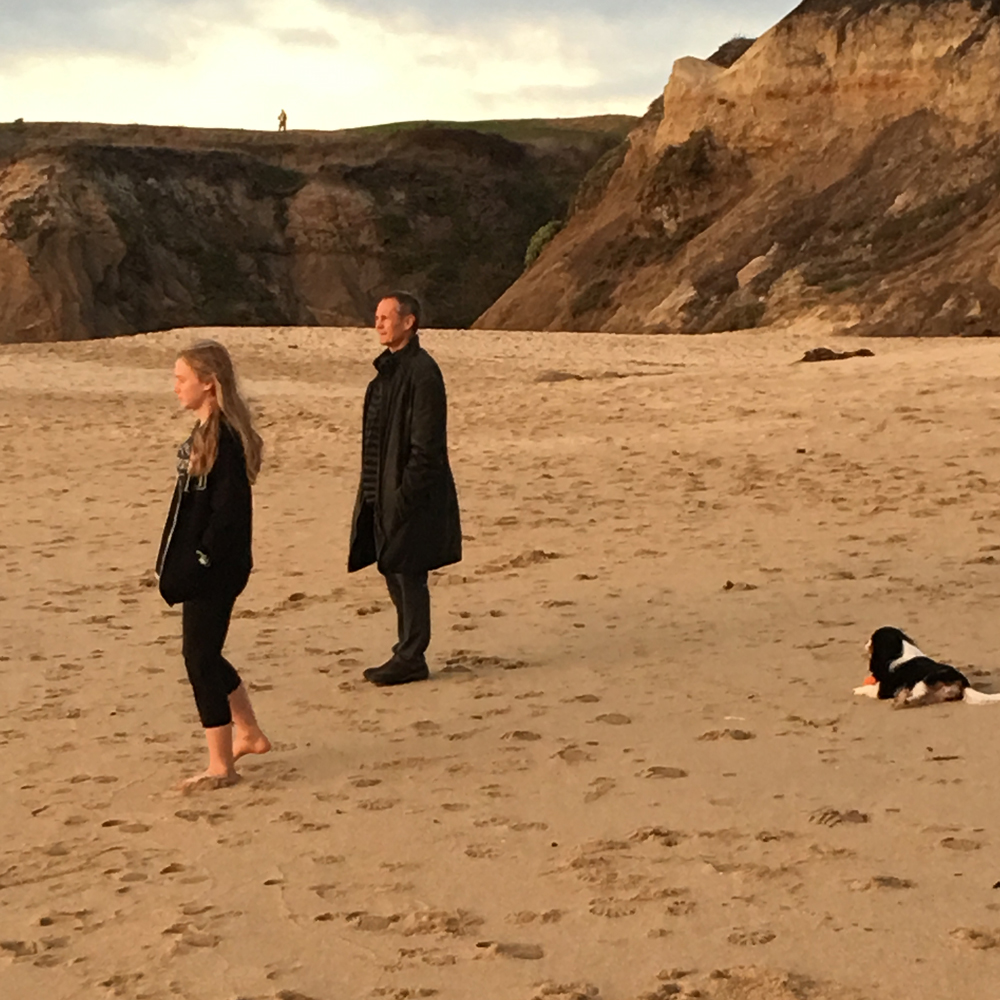
Many could argue that because of all the medical advances we live longer, so we have time to develop conditions that our ancestors didn’t because their lifespan was much shorter. Today we’re mainly dealing with cardiovascular disease, cancer, respiratory disease and diabetes. Contemporary causes of death spring from risk factors: behavioral, environmental, occupational, and metabolic attributes that lead to death like smoking, overdrinking, drug abuse or an unhealthy body mass index—conditions that we can control through our lifestyle.
When we look at people we can only judge them from outside – how they physically appear. We can tell a lot about their activities by their posture and the spring in their walk, their nutrition by their skin condition, and state of mind by the light in their eyes or lightness (or heaviness) of being. If they are older, are their wrinkles from smiling or frowning?
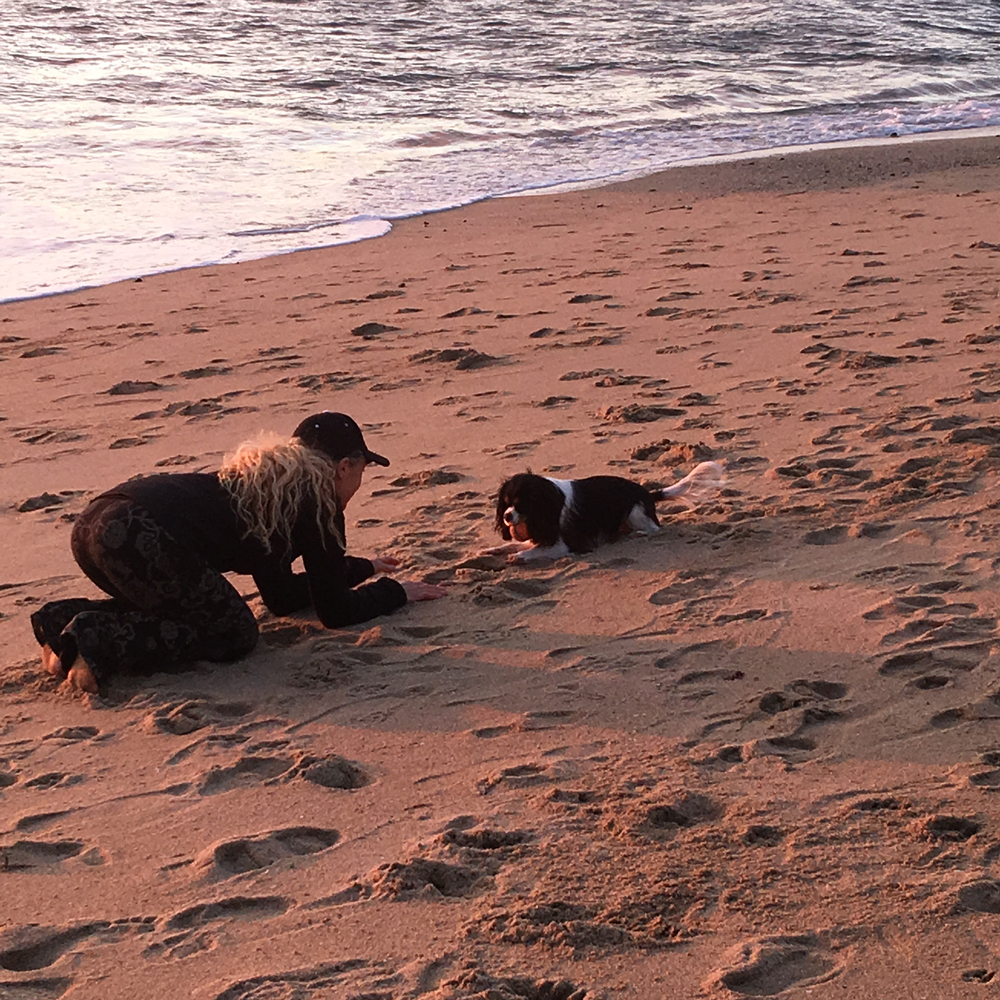
The good news is that we can create our luck by choosing a lifestyle that prevents, or at least delays many health conditions. Hopefully, if we choose to be smart, we’re going to live longer than our ancestors, as long as we’re fortunate enough to avoid the random bear and wolf, which are now freeway accidents, etc. We can analyze our ancestors’ lives, learn their causes of death and specifically design our diet and activities (incorporating stress management) to combat genetic predispositions. Unfortunately, the western conception of the body and healing is based on a medical model, which is compartmentalized as opposed to holistic, disregarding the lifestyle approach to change and health we propose in our program. The power is in your hands. To quote Yoda, “Do or do not. There is no try.”
Happy 2020 from The Happy Body!

The post Is It Better to Be Smart or Lucky? appeared first on The Happy Body.




